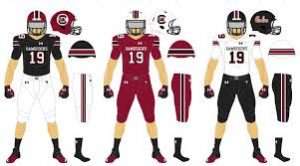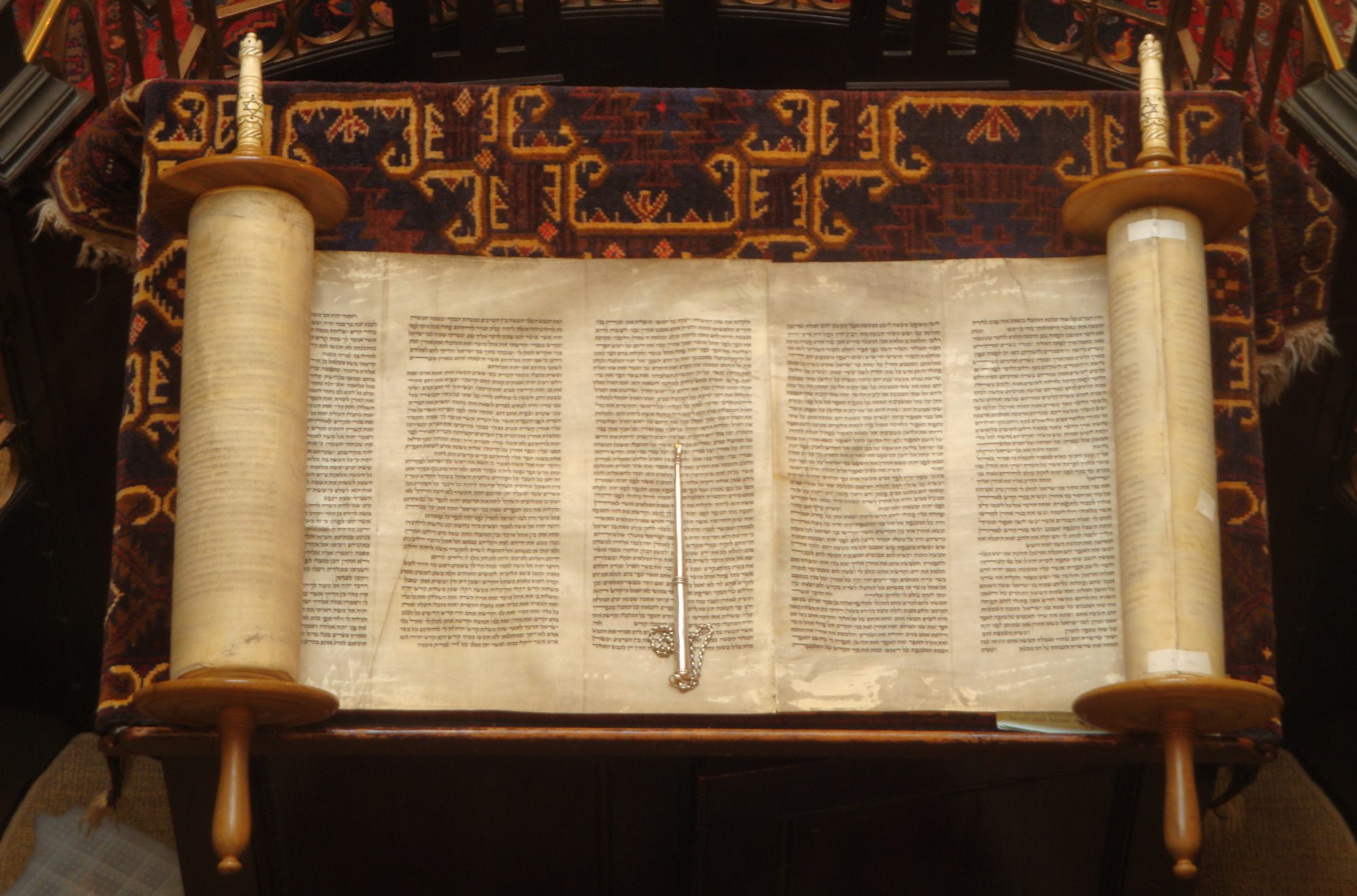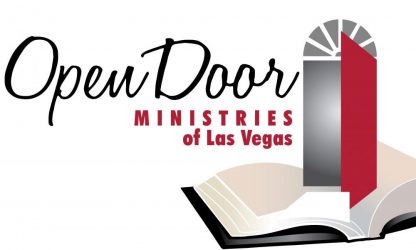
A–“This is My commandment, that you love one another (Gr. agapate allelous), just as I have loved you.” (John 15:12)
B–“Greater love (Gr. agapen) has no one than this, that one lay down his life for his friends (Gr. philon).” (John 15:13)
B–” You are My friends (Gr. philoi) if you do what I command you.” (John 15:14)
A–“This I command you, that you love one another (Gr. agapate allelous).” (John 15:17)
During the week beginning April 16, 2017, I had the opportunity to travel through the beautiful country of Romania. There were two notable deaths that occurred in that week roughly ten years apart–one on April 16, 2007, and the other on April 19, 2017. I’d like to reflect on those incidents with you.
Let’s start with the more recent one. On April 19, 2017, during our stay in the city of Timisoara, I read a report on the internet that ex-NFL player, Aaron Hernandez, had committed suicide. In 2013, he was convicted of 1st-degree murder in the killing of Odin Lloyd, a man who was dating the sister of Mr. Hernandez’ fiancée. Before taking his own life, Mr. Hernandez reportedly wrote the words “John 3:16” in ink across his forehead and in blood on the wall of his prison cell. Under this was a Bible open to John 3:16 with the verse marked in blood.
On April 16, 2007, student Seung-Hui Cho went on a shooting rampage at Virginia Tech University, murdering teachers and students, 33 persons in all. There were many heroic persons who lost their lives trying to resist the shooter. Among those was one, Liviu Librescu, a Romanian, who served as Professor of Engineering Science and Mechanics at Virginia Tech since 1985. Before that, Dr. Librescu was a Holocaust survivor; he refused to pledge allegiance to the Romanian Communist Party; he lost his position as an academic due to his sympathies toward Israel and ultimately he emigrated to the Promised Land after Prime Minister Menachem Begin intervened on his behalf. He was a Jew. Upon hearing gunfire from other classrooms, Librescu held the door of his classroom shut while most of his students escaped through the windows. Cho, the shooter, fired bullets through the door, five of which hit Librescu, one fatally to the head.
There are some Christians, by no means all, who look at Aaron Hernandez and, in spite of his murderous way, see a “saved” man, a man who made a “decision for Christ,” albeit toward the latter stages of his life, perhaps even at the very end. On the other hand, in Liviu Librescu, they see an eternally condemned man, despite the righteous walk he walked, culminating in an heroic act that led to his death, all because he never, to anyone’s knowledge, made a “decision for Christ.” Personally, I do not presume to know the will of God in matters of one’s eternal destination. God’s grace is, after all, His.
There is an important instruction of Jesus found in John 15. It repeats in verses 12 and 17 forming a synonymous parallelism. What Jesus said to his disciples is this: “This is my commandment, that you love one another, just as I have loved you. (v. 12) “This I command you, that you love one another.” (v. 17) The words love one another are in Greek, agapate allelous, and they precisely repeat in those two verses. Jesus put these words forth, not as a suggestion, but as a command (Gr. entolay). We also find this same command in an earlier part of the same discussion between Jesus and His disciples in which our present literary structure is located. Verse 13:34 reads: “A new commandment I give to you, that you should love one another. As I have loved you, so you also should love one another.” The phrase “love one another” (agapate allelous) repeats in each line of this verse, forming yet another synonymous parallelism. The weight of repetition of the phrase “love one another” in repeating literary structures authored by John shows just how important this particular command was to Jesus.
Within our literary structure, the chiasm shown at the top of the article, verses 12 and 17 point to what it means to love one another in verse 13: “Greater love has no one than this, that one lay down his life for his friends.” The context here is that verse 13 “amplifies” verse 12 by referencing what is “the greatest love.” Verses 12 and 13, looked at together, form a synthetic parallelism since verse 13 “enlarges” upon verse 12. And what is “the greatest love?” To “lay down one’s life for one’s friends,” even unto death. And who are one’s friends? “You are my friends if you do what I command you.” (v. 14) The word friend (Gr. philoi) repeats in verses 13 and 14, two verses that yet form another synthetic parallelism in which Jesus explains in verse 14 what is meant by “friends” in verse 13.
When we look at the “end of life” experiences of Liviu Librescu and Aaron Hernandez, we can ask: who most closely modeled the behavior commanded by Jesus? Would the phrase, “love one another,” apply to Dr. Librescu? Could we fairly say that he modeled the “greatest love” by giving his life to save his students? If you were situated in his classroom on April 16, 2007, who would you say most closely followed the command of Christ–a Jewish professor who barricaded himself at the door to save his students, or the students who fled out the classroom windows to save themselves?
Let’s now turn our attention to Mr. Hernandez. Was killing himself an example of “loving one another?” Was it akin to laying his life down for his friends? Or was it a self-centered act to escape an existence that was displeasing to him? Mr. Hernandez once played football for the New England Patriots. In terms of football, he was considered a very talented player. The New England Patriots are considered one of the best, if not the best, team in the National Football League, having won more championships than any other franchise. The culture of the Patriots is known as the “Patriot Way.” It embodies dedication, commitment, and hard work toward unity and success on the field of play. Most of all, prioritizing the needs of the team over the needs of the individual player is at the core of the Patriot Way. Players who conduct themselves selfishly or with poor attitudes are quickly sent packing.
When Mr. Hernandez murdered Mr. Lloyd, was that an example of his hard work and dedication to the team’s success? When he was subsequently arrested for murder and, as a consequence, was removed from the field of play, did that prioritize the team over the individual? Were either of these acts compatible with the Patriot Way? Apparently not, for 90 minutes after his arrest, Mr. Hernandez was cut from the team.
Over the years, there have been many players who have worn the Patriot uniform. Those uniforms display the insignia of the team, its color scheme, its brand. However, putting on the uniform does not make you a Patriot. Only by following the “Patriot Way” do you become a Patriot, or remain one. Mr. Hernandez wore the uniform, but his behavior was not according to the Patriot Way. He was jettisoned off the team.
There are many Christians who wear the uniform of Christianity. They wear shirts with symbols and signs, tattoos of Bible verses or even the image of Jesus. They may memorize Bible verses and make professions of faith in Jesus. Wearing the uniform of Christianity may make one a Christian in some people’s eyes, but it does not, in and of itself, make one a follower of Jesus.
You see, like the Patriots, Jesus has a way. And to walk in that way is to behave according to the command He repeated over and over in our text from John 15 and 13, love one another. In Hebrew, the word for love is ahav, meaning “I give.” Being a follower of Jesus, in the context of our chiasm, a friend of Jesus, means to follow His commands, beginning again in our context, with “loving one another.” At its most amplified level, this means “to lay down one’s life for one’s friends.” (v. 13) Mr. Librescu gave his life for others, sacrificing his life to save the lives of his students, thereby aligning his behavior to the commands of Jesus. Mr. Hernandez, on the other hand, took his life, along with any possibility that he might be of service to others, to the grave. A person can wear the “uniform of Christianity”–write John 3:16 on his forehead, write it on a wall in blood, open the Bible to that verse with John 3:16 highlighted in blood–but only the person who conducts his life according to the way of Jesus is the follower of Jesus, the friend of Jesus.


